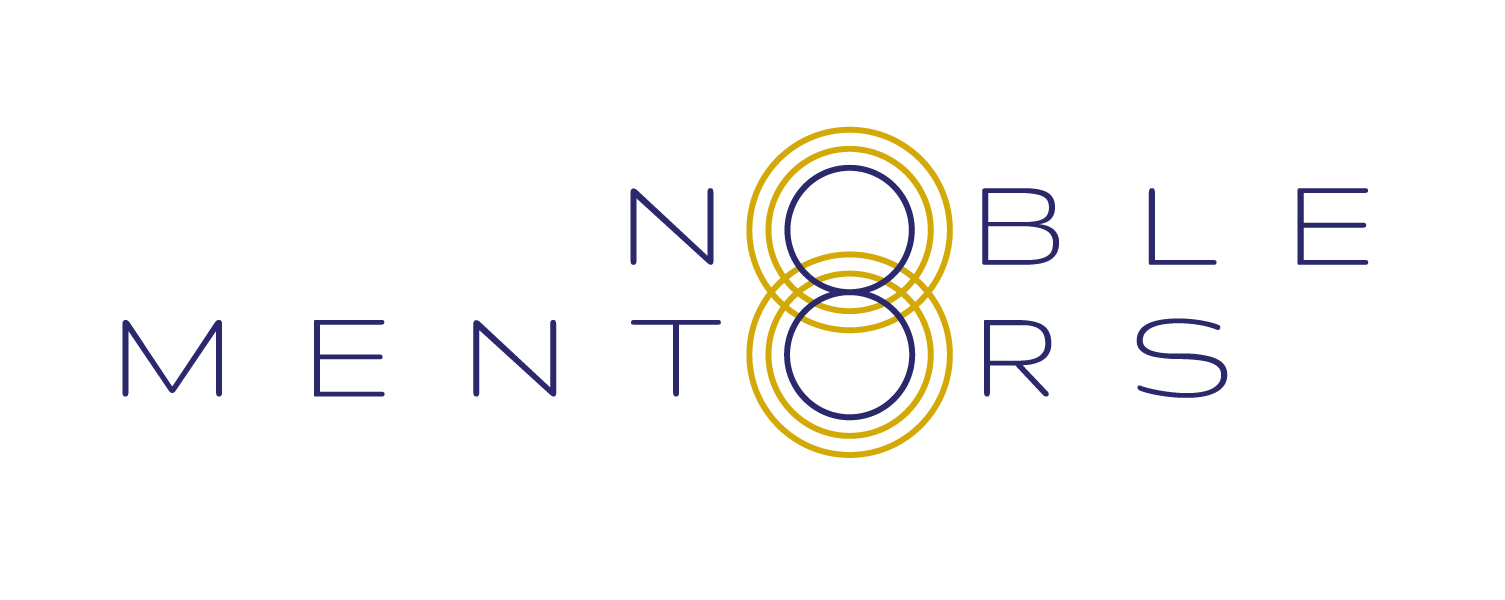What is a therapeutic mentor and what do they do?
Mentorship takes place in many different areas such as business, education, and religious communities. Therapeutic mentoring occurs in a setting that intersects with mental and behavioral health. A therapeutic mentor extends coaching skills to include and support clients that are struggling with addictive patterns, anxiety, depression, or other mental health challenges. Our role is to create behavioral change in the context of these unhelpful patterns. A therapeutic mentor may be part of a treatment team (counselors, therapists, psychiatrists, and others) or may independently depending on the specific needs of the case.
Key to this interaction between the mentor and the mentee or client, is the belief that both the mentor and mentee are evolving in important ways through this interaction, and both are becoming better versions of themselves. For specific details of the focus and context of various stages of mentorship, we invite you to review the tabs that detail Mentoring for Teens/Young Adults, Mastery Level Mentoring, and our Mentor Development Program.
What’s the difference between working with a mentor and working with a therapist?
It’s important to note that there are many different approaches to psychotherapy. Some of the more behavioral approaches can be similar to therapeutic mentoring. As mentors, we are primarily focused on the present moment. We may look into the future when we are building a vision and touch on the past to better understand the context of an experience, but the majority of the work is focused on the here and now. A mentoring session does not typically take place in an office or clinical setting but instead out in the world, in the day-to-day experiences of a client’s life.
I am already working with a therapist, why would I want to work with a mentor?
Many clients have found that it can be very beneficial and supportive to work with a therapist and a mentor simultaneously. As the client’s goals and challenges become known the mentor and the therapist can support this process in different, yet complementary ways. The mentor will generally be focused on behavioral change and tangible, action-based goals which will likely bring up internal dynamics that can be addressed in therapy. The work the therapist does can further clarify the areas that need attention and free the client to move forward unhindered by the past.
What are the steps for getting started?
The first step is to have an initial conversation to learn more about you, or if you are calling for someone else, the potential client. This free consultation allows us to better understand the context, challenges, and desired outcomes to see if we are a good match. From there, we will schedule an initial session so that you can get a sense of our work to make sure that you feel comfortable. If it feels like a good match, then we will recommend a structure for meetings, answer any questions that you may have, and agree to details around billing and communication going forward. As always, if you have questions or concerns, we invite you to reach out to discuss these, so we can maintain the integrity of our work together.
How do you pair the right mentor with the client?
As we grow there will be an increasingly diverse pool of potential mentors to choose from. For now we would ask that you contact us so we can discuss your situation, goals, and preferences, and after getting a sense of your specific needs, we will pair you with a mentor that will most effectively work for your unique situation. In making these decisions, we are wanting to pair you with a mentor that has personal experience and strengths that align with the challenges you (or your child) are facing and the outcomes you are wanting to create.
How long does a mentoring relationship last?
The length of your mentoring relationship will vary depending on your goals and what you are wanting to change. Some clients will have very specific goals with immediate tangible outcomes (relocating, getting a new job, applying to college, starting to date, etc) and they may only want or need support for a short, clearly defined period of time. For other clients the mentoring relationship may prove valuable and supportive through multiple stages of growth and development, and may last for years. The ultimate aim is to create strength and autonomy in the client, establish the skills and character traits that will serve them for the rest of their life. It is also not uncommon that a mentee will progress through their own development to the point of deciding to become a mentor themselves. In this way the cycle continues as they commit to their personal growth while taking on the responsibility of mentoring others.
How does billing and payment work?
All of our billing is customizable and is tailored to the specific needs of the client. Based on our initial consultation we will offer a recommendation as to the best structure to begin working together. This structure can be adjusted up or down over time, with the changing needs of the client, but we will always communicate before adjusting the structure and the billable hours. Billing is generally done at the end of each month. Your desire to grow is more important to us than our desire to make money, so if you are committed to becoming more masterful in your life and finances are tight, we offer sliding scale options.
How are you different from other mentor organizations
After many years of doing this mentoring work, it has become extraordinarily clear that the only way to effectively mentor another person is to continually confront and address our own inner processes and challenges. The patterns of fear, avoidance and overwhelm are near universal, so when we do our own work, it allows us to much more effectively support our clients. We believe this so strongly, that Noble Mentors, LLC is built upon this understanding. It informs the way that we interact with our clients, support our mentors, and build our training programs.
Where do you meet and what does a typical mentoring meeting look like
One of the major benefits of mentoring is that it can be very adaptable, so we can meet wherever the client is best served and attend to whatever area is most relevant. The focus of the work varies immensely depending on the maturity, values and goals of the client. For younger clients working towards independence, a session could be held in a client’s home working on basic life skills, at a coffee shop working on job applications, or in the public library researching college programs. Sometimes a session will take place on a walk processing relationship problems, at the gym working on health and nutrition, in nature practicing mindfulness techniques, or in the car as we attend to the clients errands together. We also conduct sessions over the phone or video-calls for clients who live outside of the areas we service.
Mastery Level Mentoring can be done in person or virtually, and the context of the meeting is reflective of the clients developed capacity to organize, motivate and discipline themselves.
Do you work with parents and the client at the same time, and if so how do you do that?
This generally only applies to younger clients that are still living with their parents or who are financially dependent on their parents. It is important that the mentoring work and the parental work are in alignment and supporting one another. The best way to accomplish this is to initiate some parent coaching, or some family system work that could include the client. It takes clarity, experience, and a nuanced approach to facilitate these conversations in a way that creates alignment within the family system while maintaining trust and rapport with the client. The goal is to get the client, the parents and the mentor all pulling in the same direction and focused on what is best for the client. Noble Mentors are very comfortable and experienced offering this paired service.
If you have any additional questions or would like more information on any of the four services we offer (Noble Mentoring, Parent Coaching, Mastery Level Mentoring, or the Mentor Development Program) please reach out to us for more information. We look forward to hearing from you!


